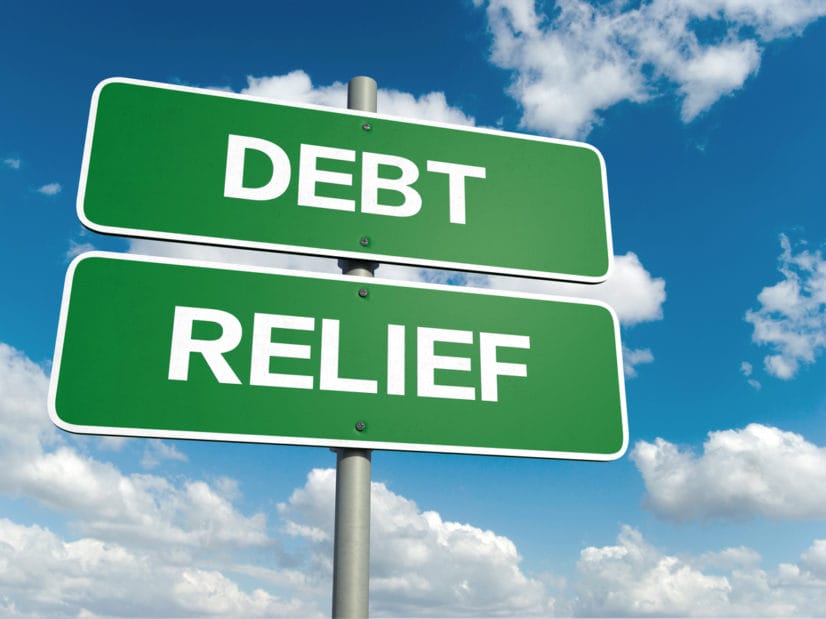College students everywhere have one thing in common: the rising cost of tuition. This leads some students to take out student loans which may eventually become student debt, or even worse, accounts that end up in collections.
Today, unpaid student loans are giving retired adults a similar commonality since the government is garnishing social security payments in order to pay off defaulted student loans. The deductions are intended to minimize losses to taxpayers, who are ultimately the ones who pay off unpaid debt to the government.
According to Edvisors.com, the current trend spells trouble for banks and private lenders of student loans facing some of the same challenges as federal loan programs.

Private lenders typically consider a loan to be defaulted after three months of not being paid, and can add collection charges that range between 25-40% of the initial payment. Private and federal loans are both almost impossible to clear in bankruptcy, leaving those with unpaid or defaulted student debt and loans in great risk. Per section 11 USC 523(a)(8) of the U.S. Bankruptcy Code, borrowers who file for a Chapter 7 or Chapter 13 bankruptcy may not obtain a discharge of their qualified education loans unless the debt would “impose an undue hardship on the debtor and the debtor’s dependents.”
Student Debt
A recent article, “How Unpaid Student Loans Are Leading to Lower Social Security Checks,” published on Forbes.com, provides relevant statistics on the effect of unpaid student loans. From 2001 to 2016, the government collected $1.1 billion dollars from borrowers of all ages, affecting not only retired Americans, but also disabled citizens. This has left thousands of recipients under the poverty line. In most cases, a retired citizen had about $140 taken out of their Social Security paycheck. According to the Debt Collection Improvement Act, the government is allowed to garnish up to 15% of the social security check, but this figure hasn’t been adjusted to current living costs as this act was passed in 1998. Because of this, 114,000 Americans had benefits reduced as of September 2015, and 71% of what is taken out of social security paychecks goes to paying fees and interest, not the loan principal.
Forgiveness for Retired Citizens
Forty-three percent of those affected have held their debt for 20 years or more. People that are totally and permanently disabled may be considered for debt forgiveness while those who have a longtime medical condition can qualify for full social security payments.
No Rest for Parents
 The parents of recent college graduates are equally as affected, as many cannot retire because of cosigning their children’s loans. According to an article on CNN.com, 94% of students are aware of the burden of student loans. Parents, as cosigners in some cases, are equally as responsible for paying student loans off. Consequently, they are putting off retirement to support their children and aid them in paying loans off. The private lenders can also choose to sue the cosigner and buyer after the loan defaults.
The parents of recent college graduates are equally as affected, as many cannot retire because of cosigning their children’s loans. According to an article on CNN.com, 94% of students are aware of the burden of student loans. Parents, as cosigners in some cases, are equally as responsible for paying student loans off. Consequently, they are putting off retirement to support their children and aid them in paying loans off. The private lenders can also choose to sue the cosigner and buyer after the loan defaults.
It is vital for private lenders to address delinquent loans as soon as possible, for private loans are subject to a statute of limitations. This is where a period of limitation is prescribed for certain kinds of legal action. These vary by state, and lenders have several methods of restarting the limitations period.
Retirement vs. Good Credit
Each dollar in student loan debt reduces over all retirement by 35 cents. This phenomena is prompting students to ask, “Should I save for retirement or pay off my student loans?” The response given? Both. “Save for retirement, pay down debt as best  as you can and sacrifice lifestyle versus the other way around,” says Larry Rosenthal, president of Rosenthal Wealth Management Group.
as you can and sacrifice lifestyle versus the other way around,” says Larry Rosenthal, president of Rosenthal Wealth Management Group.
Rosenthal also advises young people to cut down on anything that may not be a necessity in order to have the means to pay off debt. He also advises young adults to save 15% of paychecks, in addition to a company match, in a tax-deferred account to accumulate interest to prepare for retirement.
Thinking Ahead
Students can prepare to pay off student debt by paying their loans before 270 days (as that is when it is considered a delinquent loan), catching up on payments if they’re behind and making the payments on time.
Even if the cosigner starts making payments on the loan, the borrower is also still responsible for the debt.
Unpaid student loans continue to be an ongoing problem for private lenders.
Private lenders with a large number of unpaid student loans should contact a best-in-class agency like Optio Solutions to prevent loss from unpaid loans. Contact us for a free consultation, or to find out more about the services we offer.






